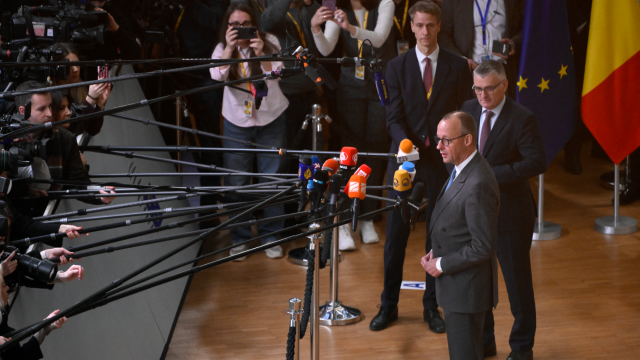The State Duma is preparing legislation to set up private security firms using ex-soldiers and police to protect Russian-owned oil, gas and mineral holdings in conflict zones abroad, Duma Deputy Gennady Gudkov said.
Up to 1,000 security personnel would operate along the lines of U.S. and British private security firms, said Gudkov, a Just Russia member who sits on the Duma's Security Committee.
"It will be expensive, but unfortunately it is very necessary," he said.
"As long as Russian firms are operating abroad, this is in the interest of the state," he said, referring to Russia's need to protect strategically important companies.
So far Russian companies have relied on local contractors from private security companies to guard oil fields and mines in Africa and the Middle East, but in future "this would be Russian citizens protecting Russian assets," Gudkov said.
He declined to estimate the cost of setting up such firms but said deputies intended to submit the proposal shortly to the Duma and expect it to be passed within a year.
The bill would also need to be approved by the Federation Council and President Dmitry Medvedev.
Private security contractors have raised controversy in Iraq and Afghanistan, where President Hamid Karzai has placed a ban on the firms, due to come into effect in December, much to the chagrin of the United States.
Some private security contractors have caused friction from involvement in high-profile shootings — sometimes affecting civilians — and other incidents and are often seen by local people as operating with impunity.
A spokesman for LUKoil, which has a 56.25 percent stake in the second phase of Iraq's giant West Qurna oil field, said the idea of replacing local contractors with Russians was "an interesting proposal."
Russian Aluminum, which is the largest employer in Guinea, where it refines bauxite used to make aluminum, could not be reached for comment on whether it would use the proposed Russian security firms. Guinea is the world's top exporter of aluminum ore bauxite, and mining firms have had a rocky time since a 2008 military coup made violence commonplace in the west African nation.
Gudkov said Gazprom, interested in Iran's South Pars field and whose oil arm, Gazprom Neft, also drills in Iraq, and Rosneft, which plans to drill in the Middle East, would most likely use local contractors, not Russian, for the time being.
Adil Mukashev, an independent expert on terrorism issues based in Almaty, Kazakhstan, said the security firms will likely employ former soldiers from the North Caucasus.
"This will kill two birds with one stone — give men work in a region with high unemployment and drive them away from radical Islam," Mukashev said.
A Message from The Moscow Times:
Dear readers,
We are facing unprecedented challenges. Russia's Prosecutor General's Office has designated The Moscow Times as an "undesirable" organization, criminalizing our work and putting our staff at risk of prosecution. This follows our earlier unjust labeling as a "foreign agent."
These actions are direct attempts to silence independent journalism in Russia. The authorities claim our work "discredits the decisions of the Russian leadership." We see things differently: we strive to provide accurate, unbiased reporting on Russia.
We, the journalists of The Moscow Times, refuse to be silenced. But to continue our work, we need your help.
Your support, no matter how small, makes a world of difference. If you can, please support us monthly starting from just $2. It's quick to set up, and every contribution makes a significant impact.
By supporting The Moscow Times, you're defending open, independent journalism in the face of repression. Thank you for standing with us.
Remind me later.





